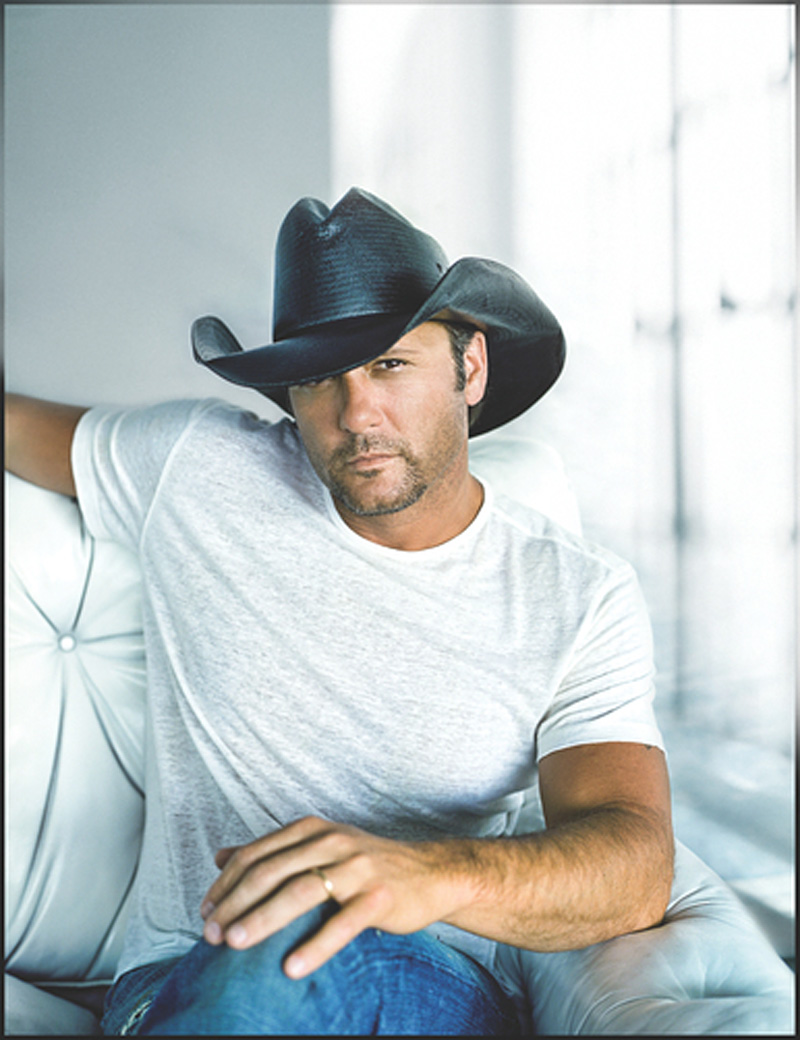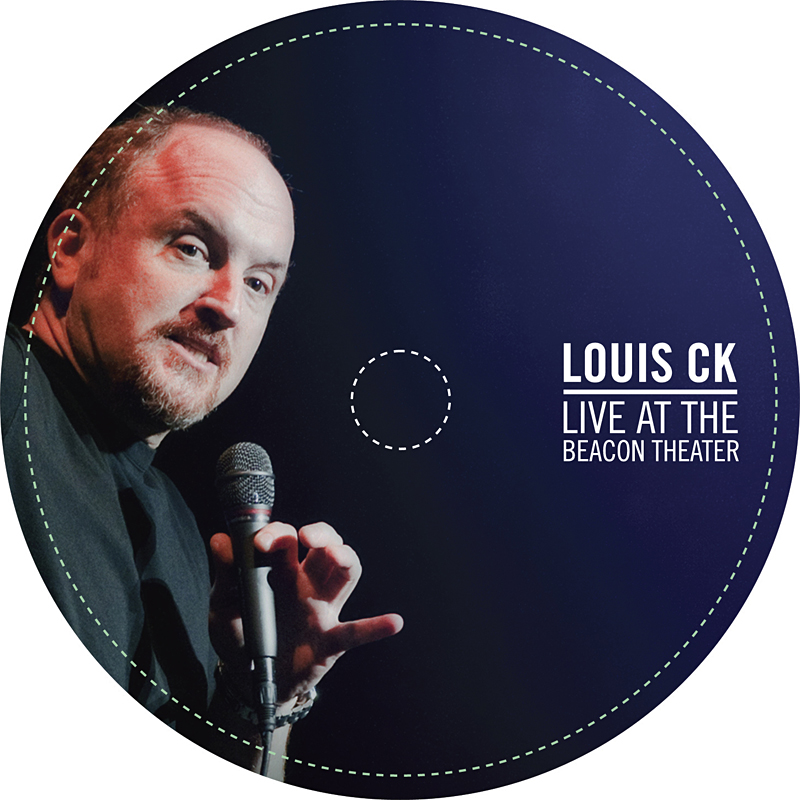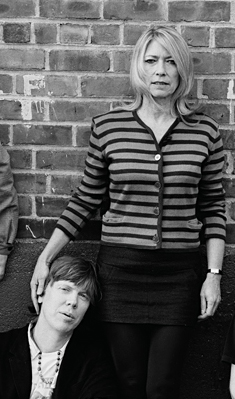According to Nielsen SoundScan, Tim McGraw’s “Something Like That” was played on the radio 487,343 times between Jan. 1, 2000 and Dec. 17, 2009, beating out Usher and Lil John’s “Yeah” as the decade’s most-played song. The song, an adrenaline-rushed country-pop ballad, is a paean to young love, first kisses, and county fairs—memories rural white folk cling to as tightly as guns and religion.
It’s a simple small-town story on par with the clichéd drivel of a Nicholas Sparks novel—young guy spots girl on Labor Day weekend, they kiss, he can’t forget that feeling. Years later, on an airplane bound for New Orleans, he hears her voice…that girl is now a woman calling his name from a back row. Throughout, the lyrics are peppered with references to barbecue, Mardi Gras, white T-shirts, a truck full of gas, and railroad tracks. Country, but not too country.
It’s surprising that “Something Like That” beat out so many others, considering the aughts were a decade of mega-pop—Britney, Backstreet, etc. But it’s also disappointing, because it’s not a very good song by McGraw standards.
Today’s country is not highly regarded as a breeding ground for original themes, and McGraw’s albums are not often exceptions. But as huge a country star as McGraw is, he’s proven he has a fine taste in songs and a willingness to take a few risks—something quite rare for such a conservative genre (and something No Depressionites and like-minded hipsters are reluctant to admit). His 2004 album, Live Like You Were Dying, features songs by alt.country-approved songwriters Bruce Robison and Rodney Crowell about suicide and the dismal life of today’s small-town dweller. While McGraw’s artistic moves are nothing on par with those of Waylon and Willie in the ’70s, it’s pretty notable that he managed to buck his label’s wishes and record with his longtime touring band, lending his records a slightly more raw, organic quality.
But the fact that “Something Like That” was better-received than many of his other songs points to what is so frustrating about McGraw. With each subsequent record, he pushes back at the Nashville machine by taking risks, but only relatively safe ones. His fans like to consider him an “outlaw” of today’s country, but it’s gonna take a lot more than covering Ryan Adams and Elton John songs for McGraw to be taken seriously as an artist.








